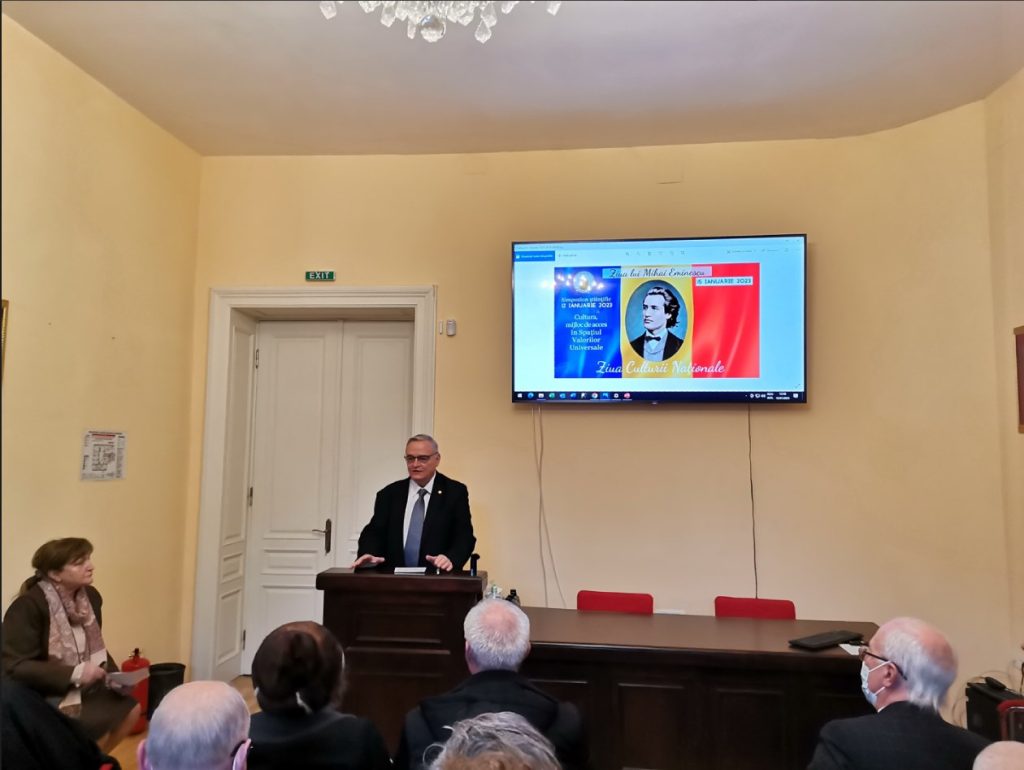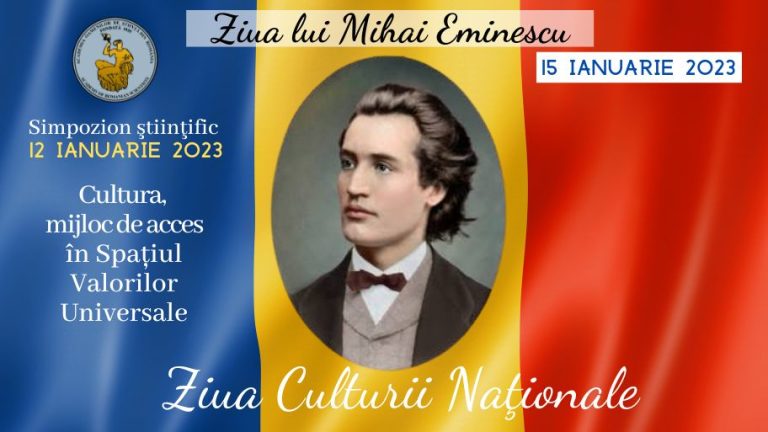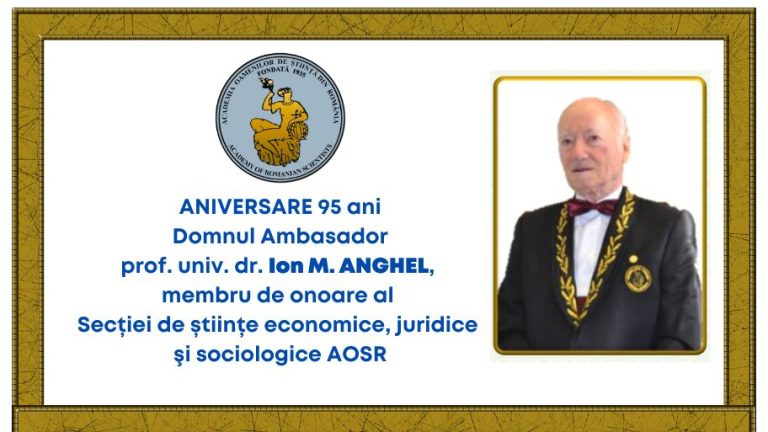DIGITAL TRANSFORMATION Council, în colaborare cu Revista COMUNICAŢII Mobile şi TelecomTV, a organizat GALA DIGITAL TRANSFORMATION (DX) 2022, ediţia a XIX-a, pe 9 decembrie, la Grand Hotel Continental din Bucureşti cu deviza Business-Industrial-Digital Transformation. GALA DX a reunit elita industriilor conectate de ICT, din peste 20 de verticale de piaţă – Administrație, Auto, Agricultură, Apărare, Asigurări, Aviatică, Cercetare, Construcții, Cultură, Educaţie, Inovaţie, E-Commerce, Energie, Financiar-Bancar, Infrastructură, Internet, IT, Real Estate, Retail, Telecom, Securitate, Sănătate, Servicii business, Utilități – care produc peste 75% din PIB-ul României.

GALA DX 2022 a debutat cu o analiză retrospectivă a anului în curs și cu previziuni pentru anul 2023 în direcția transformării digitale în România și la nivel internațional, moderatorii evenimentului, Ion Vaciu – Președinte Digital Transformation Council și Roxana Onea – Redactor șef al Revistei COMUNICAȚII Mobile și TelecomTV, subliniind importanța abordării holistice și integratoare a transformării digitale dinspre orizontala IT și Telecom către celelalte industrii conectate. În noua paradigmă, accentul cade pe Transformare, ci nu neapărat pe Digital, transformarea digitală fiind un proces preponderent de management al performanței axat pe Om, ci nu pe Tehnologie. Din cele 10 dimensiuni esențiale ale unui plan de succes în transformare digitală, numai una este alocată digitalului și tehnologiei, celelalte nouă fiind răspunzătoare de actul managementului de performanță.
GALA DX a continuat cu decernarea Premiilor de Excelență DX, fiind în prealabil prezentate procedurilor de deliberare a acestora, cu ajutorul celor trei jurii: juriul online al utilizatorilor de business (peste 1800 de voturi), juriul Revistei COMUNICAȚII Mobile (și finalmente) şi decizia agregată a specialiștilor DX Council.
Două dintre premiile GALEI au fost introduse printr-un Laudatio adus câştigătorilor comunităţii bibliotecarilor din România şi a celor care reprezintă Smart Village din partea vicepreşedintelui Academiei Oamenilor de ştiinţă din România (AOSR), dna Profesor dr. ing. Doina Banciu. Oficialul AOSR a prezentat Programul de Transformare Digitală a organizaţiei academice şi activitatea ştiinţifică pe care membrii săi o desfăşoară în această direcţie strategică pentru societatea noastră.
Aceasta a subliniat importanţa Comunităţilor conectate, apariţia unui concept dar şi a unei realităţi concrete de Smart Village în România, la Ciugud, o comună din judeţul Alba, care a produs deja o poveste de succes ce ar trebui să fie multiplicată în mai multe zone din ţară. Aici primarul independent Gheorghe Damian a reuşit să digitalizeze aproape toate procesele administrative de la nivelul primăriei şi ale interacţiunii cetăţenilor cu administraţia locală, reuşind să virtualizeze până şi procesele financiare rurale.
În plus, vicepreşedintele AOSR a menţionat rolul critic al Bibliotecii Digitale în cadrul unei Economii bazate pe Cunoaştere, mai ales în epoca post-pandemică prin care a trecut întreaga planetă şi cu atât mai mult în România, a cărei populaţie trece printr-un pronunţat proces de analfabetism funcţional, digital, social şi economic. Noile tipuri de conţinuturi valoroase, accesabile de oriunde, oricând, prin intermediul reţelelor din Internet, aduc deja o plus valoare la nivel societal, ajutând astfel la reducerea disparităţilor dintre segmentul rural şi cel urban, la diminuarea fenomenului de Digital Divide. De aceea, premiul acordat de către organizatori celei mai cunoscute asociaţii de profil din ţară, ANBPR, vine ca o recunoaştere a eforturilor acestei categorii profesionale la eforturile recuperatorii în domeniul Educaţiei, culturalizării de masă, a cunoaşterii la nivel societal.
Lista cu Premianții GALEI DIGITAL TRANSFORMATION (DX) 2022 a cuprins şi:
* DX for SMART VILLAGE – COMUNA CIUGUD
– Primar Gheorghe DAMIAN
* DIGITAL COMMUNITY AWARD – ANBPR
– Dragoș NEAGU, Președinte | ANBPR – Asociația Națională a Bibliotecarilor și Bibliotecilor Publice din România

